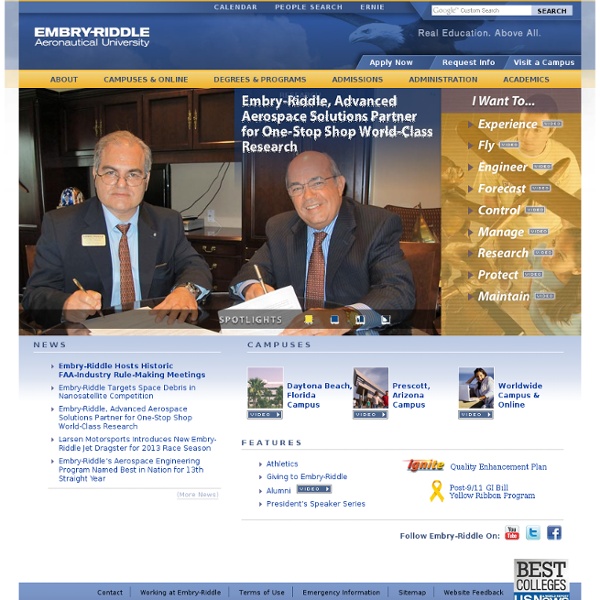



What is Second Life? Exploring and Discovery Travel with friends to thousands of beautiful and exciting places — all created by the Second Life community. Join Now Filled with Friends Millions of people have already joined Second Life. Self-Expression Dress up and design a new 3D you. Endless Fun Every day there are thousands of new experiences and events created by the Second Life community. Artistic Bliss Discover your artistic t a lents and share them instantly with friends. Rensselaer Polytechnic Institute (RPI) :: Architecture, Business, Engineering, IT, Humanities, Science Khan Academy iTunes U Universities -- Free Courses See our list of the top schools offering free courses online. Learn about what types of courses are available to find the school and courses that are right for you. Online Courses for Credit Plenty of free resources are available online for students who want to learn a new topic, but these free options don't generally lead to college credit. Education Portal offers this style of distance learning with quick, engaging video lessons and self-assessment quizzes. Free Online Non-Credited Courses Students who want to use the free university resources can go to the school's link, scroll through the list of available courses and lectures and view or download the available content. Carnegie Mellon University at CMU Open Learning Initiative This university offers free online courses in the sciences, languages, engineering and social sciences. Johns Hopkins University at JHSPHOPEN Courseware Massachusetts Institute of Technology at MITOPENCOURSEWARE Open University at OU LearningSpace
Are the Basics of Instructional Design Changing? ~ Stephen's Web ~ by Stephen Downes Joseph Beckmann wrote: Philosophy is a much larger, much deeper and much more complex activity than "constructivism" could ever encompass. It involves a worldview that is so much more a challenge than neurology's current state that Paul Allen's billion dollar investment in pure research on brain activity suggests we hold off on any of these labels for, oh, a century or so. This comment is well taken, in my opinion. And a few words in this regard would be appropriate at this juncture. Philosophy - and in particular the philosophy of mind - has had a great deal to say about the issues currently under debate here. Let me begin, for example, with behaviourism. - methodological behaviourism - this approach allows that there are mental events, such as beliefs, but that since they are inaccessible to observers, we must treat them as though they were physical (and hence observable) events Probably the most important work in this latter school was Gilbert Ryle's 1949 'The Concept of Mind'.
Taxonomies of Learning Technologies Grouping learning technologies into categories is a useful way to make sense out of the many tools available. This page suggests several taxonomies for categorizing learning technologies. In just about any taxonomy for instructional technology, tools may likely show up under multiple categories depending on how they are used. For example, a tool such as an iPhone can be used to view static learning content or can be used to collaborate with other learners. Classification by Interaction Classification by interaction is a taxonomy for grouping learning technologies based on the type of interaction that they afford. Learner >< Expert Technologies when they are used to connect learners to experts (web conferencing, discussion forums). Classification Based on Similar Functionality Classification of learning technologies by similar function by Richard Culatta and Matt Leavitt Classification by Technical Affordances Classification by Educational Function Kemmis' 4 Paradigms
Innovative Learning OER Commons